The views expressed in our content reflect individual perspectives and do not represent the authoritative views of the Baha'i Faith.
My identity is forever linked to the year 1863. Because Abraham Lincoln issued the Emancipation Proclamation during the American Civil War, and because a Persian nobleman named Baha’u’llah declared his religious mission to followers in April of that same year, I am a free black American and a Baha’i — and that means I deeply feel the power of anniversaries.
Observing and understanding important anniversaries gives everyone the opportunity to think about our character and the history that shapes it. Even after one hundred and fifty years, we still observe, celebrate and meditate on these two seminal and earth-shaking events.
This year we celebrate the 150-year anniversary of the birth of the Baha’i Faith and the issuance of the Emancipation Proclamation, and reflecting on both events I am reminded about the complex, even tortured nature of personal and social transformation, the vagaries of progress and defeat, the place of deliberation and silence, the need for waiting and biding one’s time, the benefits of communication and full engagement between leaders and followers, the power of hope and dreams, and the need for courage despite the odds.
A black man is now President of the United States. The nation and the world have changed profoundly, and certainly, Abraham Lincoln would not recognize the United States or the modern world in many ways. However, in this anniversary year of his proclamation, he would be surprised but not disturbed. Although he could not predict events, he understood implication and possibility. He knew he was about to unleash forces he could not reverse, and the nation would never be the same.
This courage cost the President his life. As he faced the consequences of emancipating the slaves after Gettysburg when he finally declared that the war was a war for freedom; after whites unleashed their fury against the draft by rioting and killing innocent black people on the streets of New York; after his re-election; after meeting the great Negro abolitionist Frederick Douglass and calling him a friend; after the passage of the 13th amendment that abolished slavery everywhere, Abraham Lincoln became a different, wiser man. His progress is our own. If he could change, then we all can change.
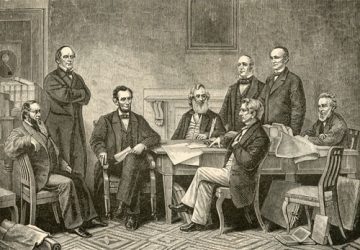
On January 1, 1863 President Abraham Lincoln dipped his pen into the ink and started to sign The Emancipation Proclamation. But then he stopped. His hand shook, and he put the pen down, saying,
“I never, in my life, felt more certain that I was doing right, than I do in signing this paper. If my name ever goes into history it will be for this act, and my whole soul is in it.”
He waited until his hand stopped trembling, and explained,
“If my hand trembles when I sign the Proclamation, all who examine the document hereafter will say, ‘He hesitated.”
After months of reflection, consultations with his divided Cabinet, after a historic meeting with a delegation of Negro citizens, after emancipating slaves in the District of Columbia the year before, after issuing a preliminary proclamation in September and receiving a barrage of criticism from abolitionists, who said he had not gone far enough, and from slaveholders and their sympathizers who said he had gone too far, Lincoln was now fully committed. He signed the Proclamation with a bold, firm and clear signature.
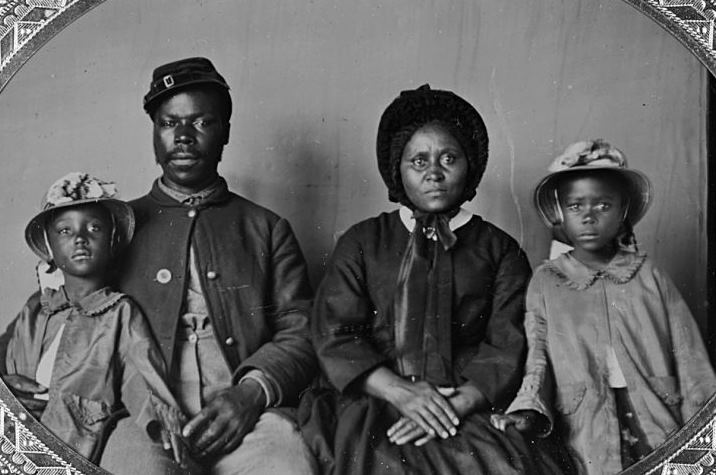
Lincoln was no fool; he knew he was engaged in a public relations campaign to persuade Union supporters, most openly hostile to Negroes, that their cause needed Negro soldiers out of military necessity. After the Proclamation, the liberated became liberators when 200,000 Negroes served in the federal armed forces. The President knew his Proclamation would be controversial, and so he worked diligently to build public support as he waited for a military victory. Frederick Douglass understood Lincoln, observing,
“Abraham Lincoln may be slow, but Abraham Lincoln is not the man to reconsider, retract and contradict words and purposes. If he has taught us to confide in nothing else, he has taught us to confide in his word.”
Whites and blacks assembled in churches and halls throughout the North that New Year’s Day a hundred and fifty years ago, waiting anxiously for official word of the Proclamation. Three thousand waited for hours with Frederick Douglass at Tremont Temple in Boston. Another crowd of three thousand, including Emerson, Longfellow, Whittier, Harriet Beecher Stowe, and Oliver Wendell Holmes, waited at the nearby Music Hall. By eight, there was no word. By nine, still no word. Finally by ten a man rushed into the Tremont Temple crowd, exclaiming,
“It’s coming! It’s on the wires.”
The crowd erupted with jubilant shouts and song. Men tossed hats into the air, and rapped the floor with canes; and everyone sang, “Blow ye the trumpet blow.” Many embraced and wept. And back in Washington, a crowd serenaded the President, who came to a window at the White House and bowed.
The Emancipation Proclamation did not end slavery in the United States, but it initiated the process. Lincoln’s bold Proclamation captured the hearts and the imagination of millions of Americans and became one of the great documents of human freedom.


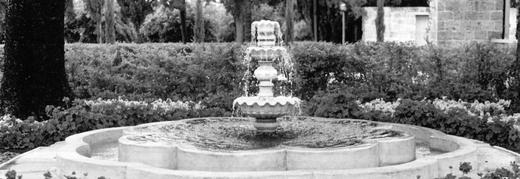

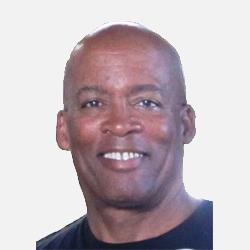
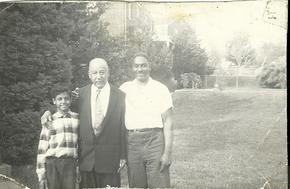











Comments
Sign in or create an account
Continue with Facebookor